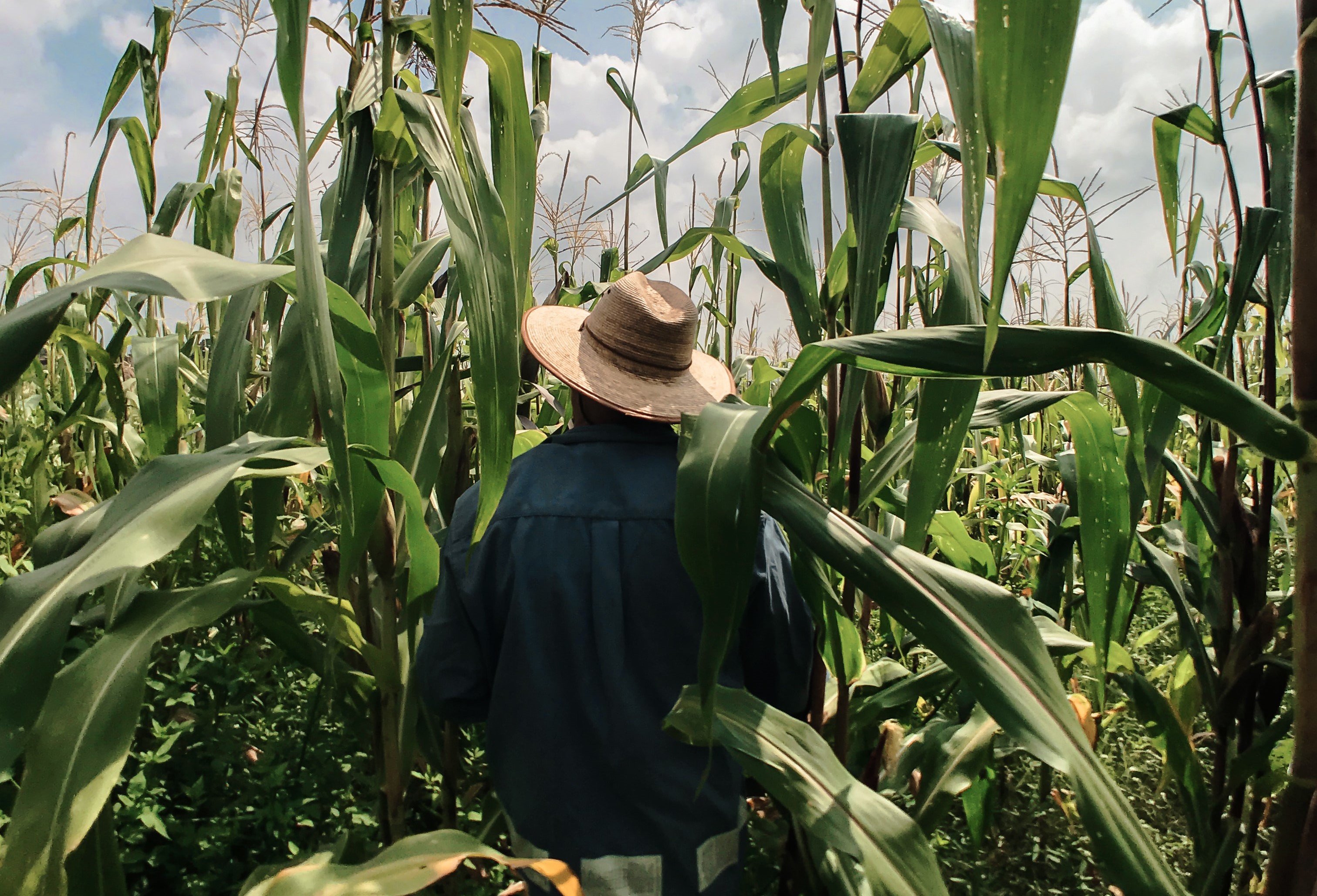Ecuador’s Rights of Nature policy was introduced in 2008 and establishes nature as inherently valuable. Tatjana Edle-Von-Peter provides an insight into how this policy and the rediscovery of the longnose harlequin frog and the confusing rocket frogs helped win a lawsuit against large mining projects in the country.
It is not a common occurrence for frogs to win lawsuits, but that is precisely what happened in Ecuador. In a historic victory for nature, the Provincial Court of Imbabura stopped a large mining project, because it critically endangered endemic species. Ecuador was the first country in the world to enshrine the Rights of Nature in its constitution in 2008, which establishes nature as inherently valuable. So how does this play out in practice? Let’s ask the frogs…
Deep in the Andean cloud forest of Ecuador lays the Intag Valley, one of the most biodiverse hotspots in the world. This area is home to thousands of endangered plant and animal species. This group even includes a frog that came back from the dead: the longnose harlequin frog was last seen in 1989 and was thought to be extinct. It stands out from other frog species for its dark brown skin, the yellow bright spots and, you guessed it, its long snout. In a stroke of luck, the endemic frog was found alive and kicking in the mining site Llurimagua in 2016.
Even rarer is the confusing rocket frog, which was last seen in 1985, and re-discovered at the same mining site in 2019 (what are the odds?). It was named that way not because the frog itself was confused, but because taxonomists often cannot tell the frog apart from others since they rarely ever observe it. Little did these peculiar amphibians know that their mere presence could stop a mining project, worth a whopping $3 billion US dollars.
The Constitutional Court ruled that the Chilean copper producer Codelco, and the state-owned mining company ENAMI violated articles 71, 73, and 61 of the constitution: nature’s right to be respected and protected by the state and the right of the affected communities to be consulted before a project begins.
The large-scale mining project was established without consulting the affected communities in advance in 2014. In the first phase of exploration, the companies cut down 700 hectares of the forest and poisoned essential streams of water. Local communities had tried to halt the mining project for more than 30 years over environmental concerns. Year after year, they lost one court case after another, with little success. The longnose harlequin frog and confusing rocket frog made an appearance when they were needed the most.
The rediscovery of the frogs prompted the Ministry of Environment to conduct an environmental study in the Intag Valley. It found at least 58 endangered species and several more that are critically endangered. These findings brought to light that the previous environmental study conducted by Codelco and ENAMI had concealed how many species in the area are endangered. Uprisals from local communities then pushed for a revocation of a past court ruling, which led to a second instance ruling. Then, they sued the companies on behalf of the frogs. At last, the Court declared that the rights of nature and of environmental consultation had been violated, removing the mining licenses of Codelco and ENAMI indefinitely.
Who would have thought that frogs would be the protagonists of a multi-billion-dollar legal challenge? It is also the first time that the Court rules against such a large-scale government- funded mining project in the defense of nature. This sets a valuable legal precedent for future cases against extractive projects in the country. By prioritizing the survival of nature over economic gain, Ecuador is forging ahead in protecting the rights of nature at the global level. Do not be surprised if a swarm of bees shows up with briefcases in upcoming legal disputes.
The views expressed in this post are those of the author and do not reflect those of the International Development LSE blog or the London School of Economics and Political Science.
Image credit: Denis Doukhan via Pixabay.





